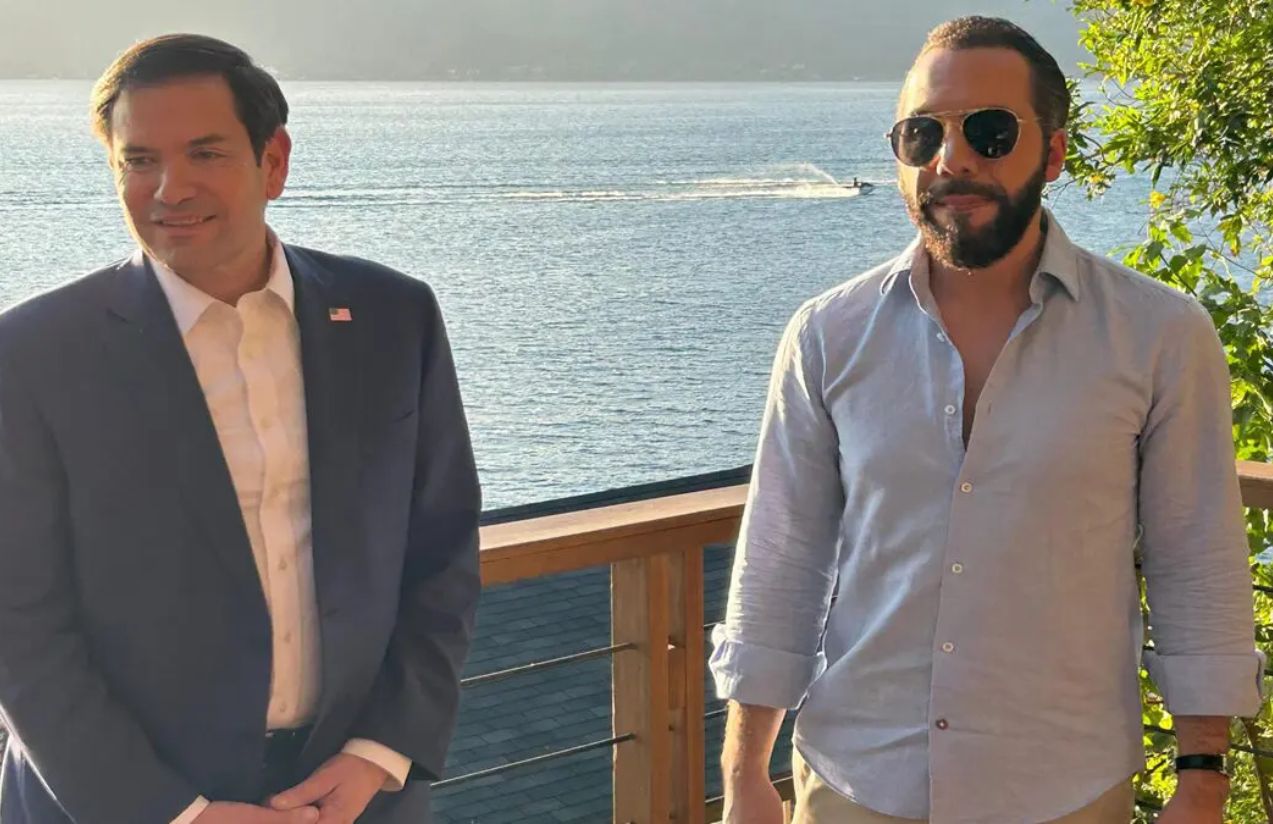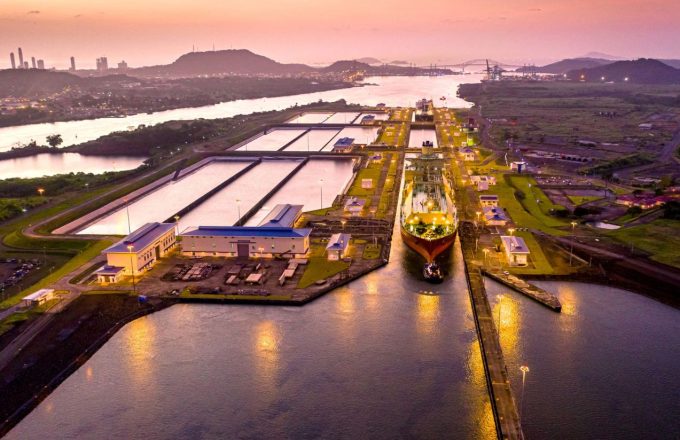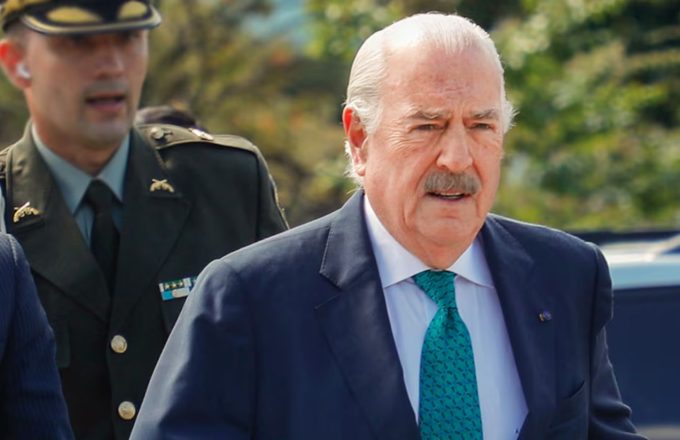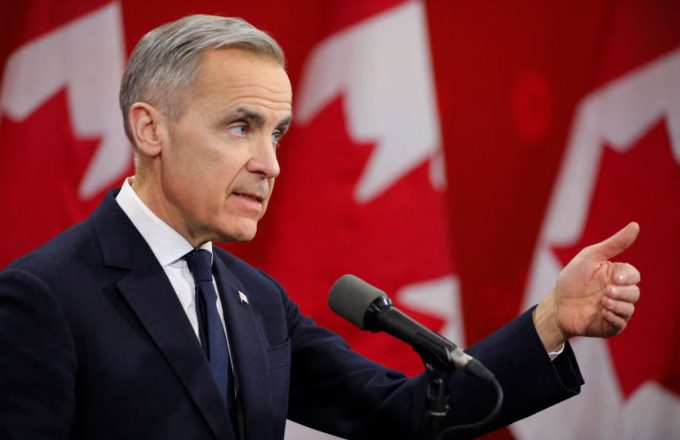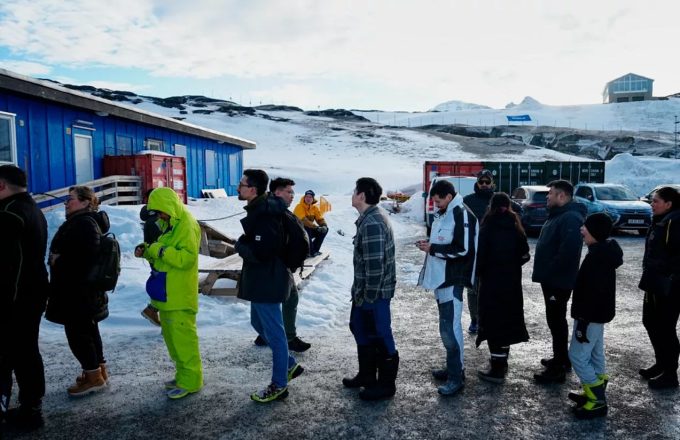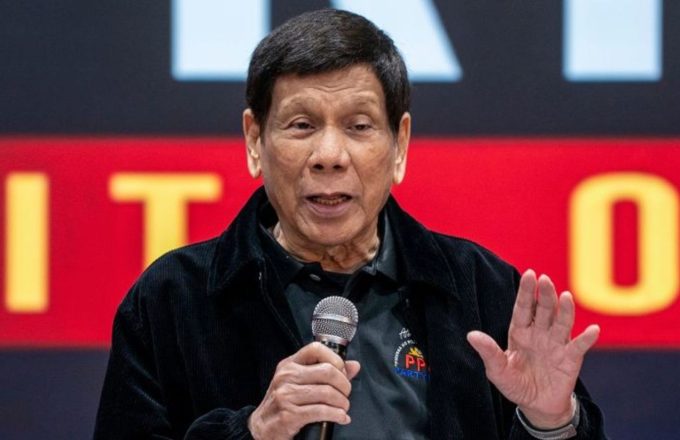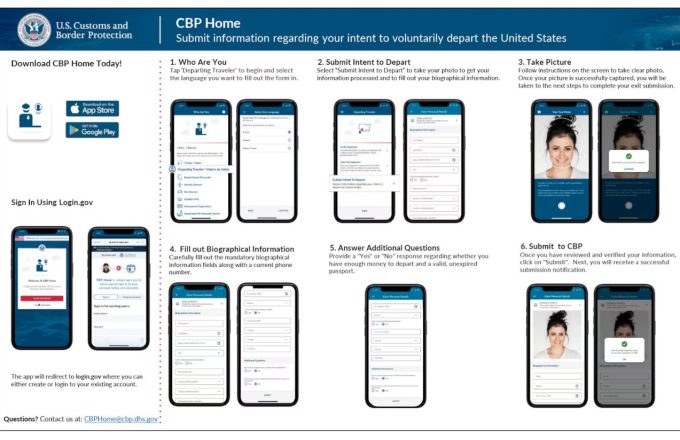The President of El Salvador, Nayib Bukele, offered to imprison convicted criminals deported by the United States, a move that earned praise from Secretary of State Marco Rubio, despite concerns about its legality and feasibility.
“We have offered the United States of America the opportunity to outsource part of its prison system,” Bukele wrote on X, stating that his government was willing to take in convicted criminals, including U.S. citizens, in exchange for a fee. “The fee would be relatively low for the U.S. but significant for us, making our entire prison system sustainable.”
El Salvador was the second stop on Rubio’s first foreign trip as Secretary of State. After meeting with Bukele on Monday, Rubio said he had informed President Donald Trump about the offer, which he described as unprecedented.
Rubio stated that El Salvador had proposed incarcerating undocumented migrants who had been convicted of crimes and deported from the United States. He added that Bukele had also offered to accept convicted criminals currently serving sentences in the U.S., “even if they were U.S. citizens or legal residents.”
The State Department later clarified that Bukele had agreed to take in undocumented immigrants from any country, not just El Salvador, who had been convicted of crimes, including members of gangs such as MS-13 and Tren de Aragua.
Despite the broad scope of the offer, which Rubio described as “an extraordinary act of friendship”, the deportation of U.S. citizens would violate legal protections that make it illegal except in the rarest cases.
While details of the plan are still unclear, it is another example of how the Trump administration is quickly signaling to regional governments whether they are allies or adversaries based on their willingness to cooperate, particularly on illegal immigration, fentanyl trafficking, and limiting Chinese influence.
El Salvador signed a similar agreement in 2019 to receive non-Salvadorans detained in the U.S., known as a “safe third country” agreement. However, that agreement was never implemented due to the COVID-19 pandemic. On Monday, Bukele referenced it, stating that his new proposal was “more significant and far-reaching than the agreements reached in 2019.”


